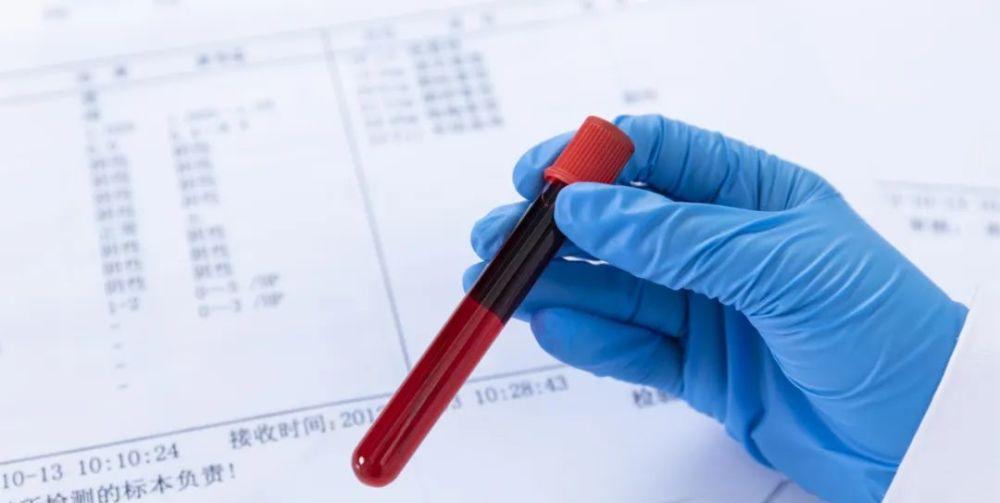It is well known that if different blood types are transfused into the body, it will cause two blood types to "fight" in the body, causing serious consequences. In fact, if the blood type of the expectant mother and the baby are incompatible, and the antibodies in the mother-to-be enter the baby's body through the placenta, it is possible to make different blood types "fight" in the baby's body, which is what we often call neonatal hemolytic disease. So, what exactly is neonatal hemolytic disease?
So, when should you beware of neonatal hemolytic disease?
Is it possible for your baby to be hemolytic?
When the mother is of blood type O and the father is of blood type A, B or AB, the baby may have blood type A and B, and there is a possibility of ABO hemolysis. When the mother's blood type is Rh-negative and the baby's is Rh-positive, Rh haemolytic disease may occur.
What are the dangers of hemolysis in newborns
1. Severe hemolysis of newborns will lead to fetal edema, and regular B timeout will find abnormalities in fetal heart rate.
2. Newborns born will have pathological jaundice. Neonatal jaundice is the most common clinical phenomenon in newborns, it is caused by abnormal bilirubin metabolism, the general neonatal jaundice is physiological, it is due to the characteristics of bilirubin metabolism, about half a month, bilirubin metabolism is normal Jaundice on its own disappears. However, the jaundice caused by neonatal hemolysis will be more severe, and the severe jaundice will occur less than 24 hours after the birth of the newborn. Jaundice does not resolve spontaneously and requires treatment.
3. Neonatal anemia. Infants and young children under one year of age may have mild symptoms of anemia because they cannot take iron-containing substances from food, and if there is no additional iron supplement, it is normal, but if there is a serious condition of anemia, it is necessary to be vigilant, especially if the newborn is not detected in time, there may be heart failure caused by anemia and endanger the life of the baby.
4. Infants and young children with severe hemolysis may have a series of systemic reactions. Such as the baby drowsiness, do not like to drink milk, bad spirits and other symptoms.
How to prevent hemolysis in newborns
1, couples who are ready to become pregnant are best to do a eugenic examination, if the wife is O blood type, the husband is not O type blood, it is necessary to check the wife's blood type antibodies, the antibody value is not high can be normal pregnancy, if the antibody value reaches the threshold that may cause fetal hemolysis reaction, it is necessary to take appropriate treatment methods according to the doctor's instructions, lower the threshold, and then get pregnant.
2. If you are already pregnant. The blood type of pregnant women is O type, and obstetric examination should be strengthened during pregnancy. Understand the development of the fetus and take appropriate measures at the necessary moment to ensure the safety of the fetus.
3. Babies with the possibility of hemolysis should be checked in time after birth, and whether there is neonatal hemolysis in time, early detection and early treatment, and timely prevention.

Image source: Photo.com
Edited by Ye Jing
Reviewed by Yang Kang and Liu Shuang
Producer Hong Yan Zhou Zhenling Wen Yong